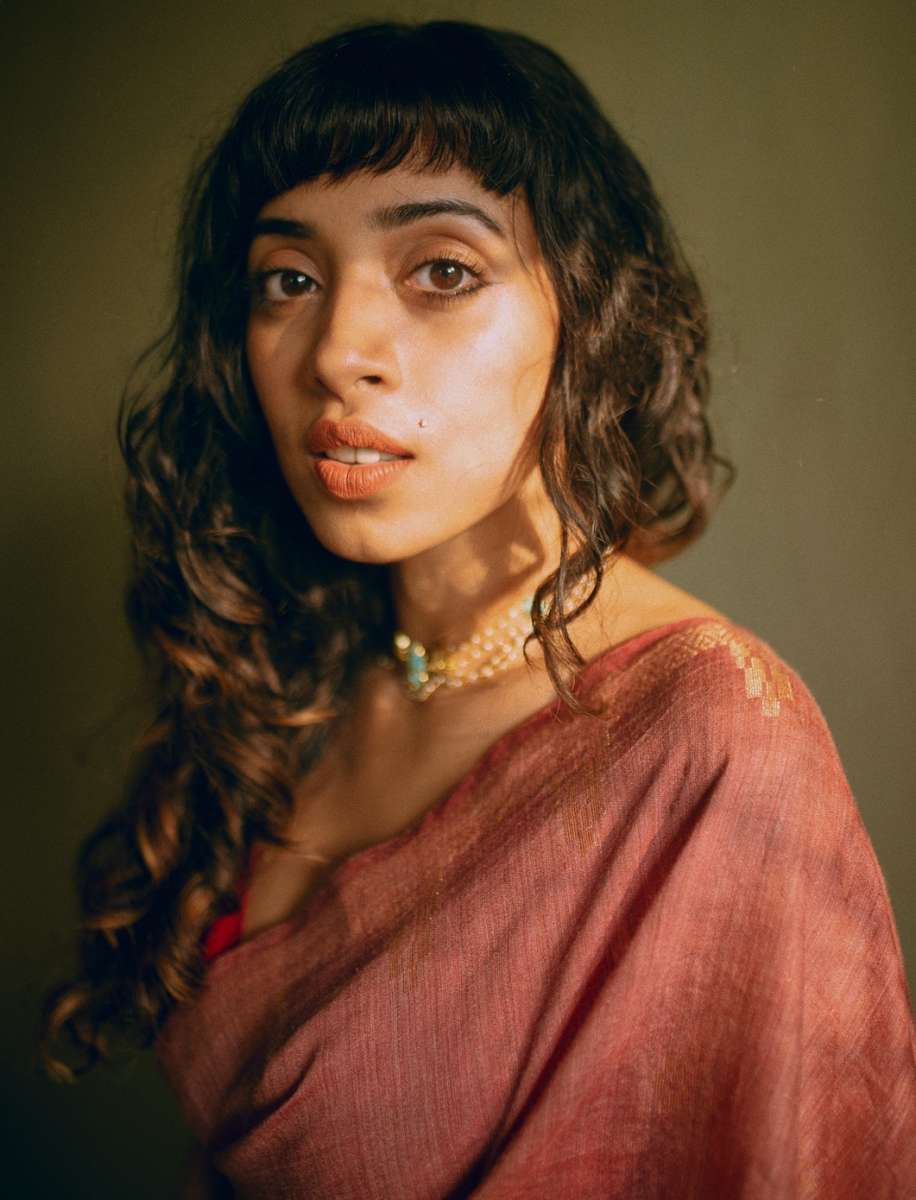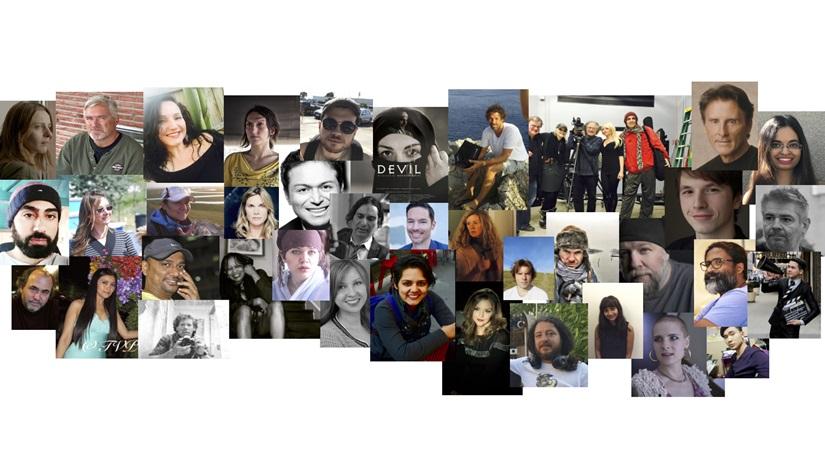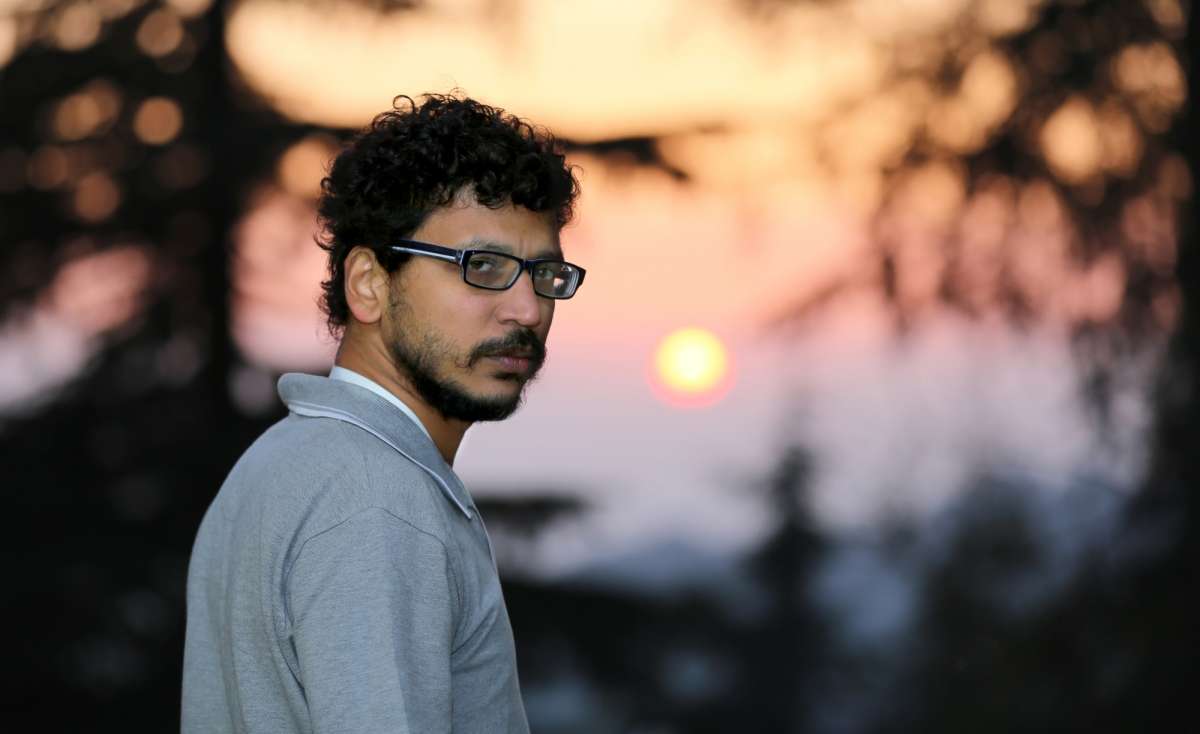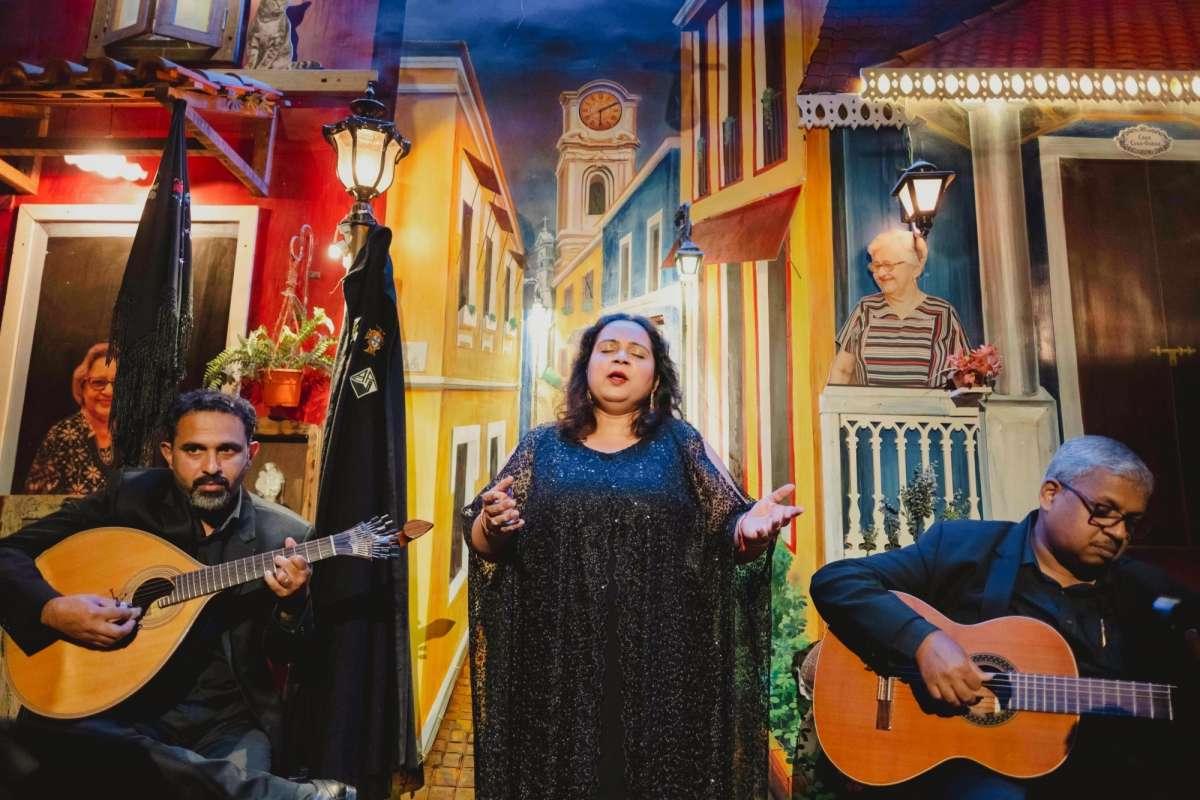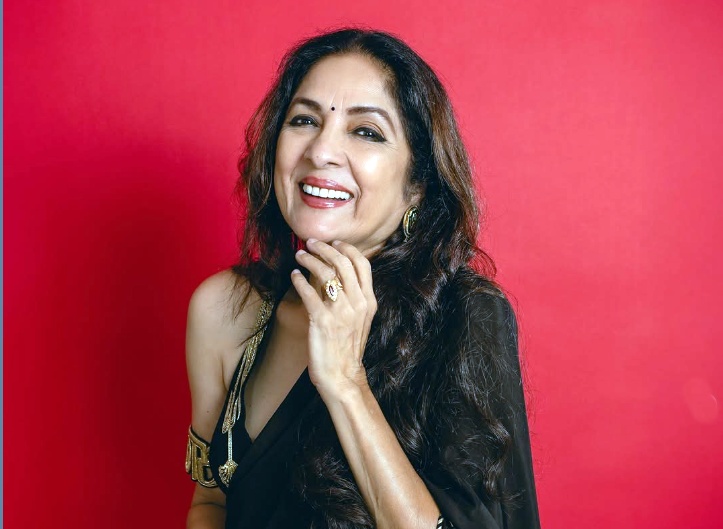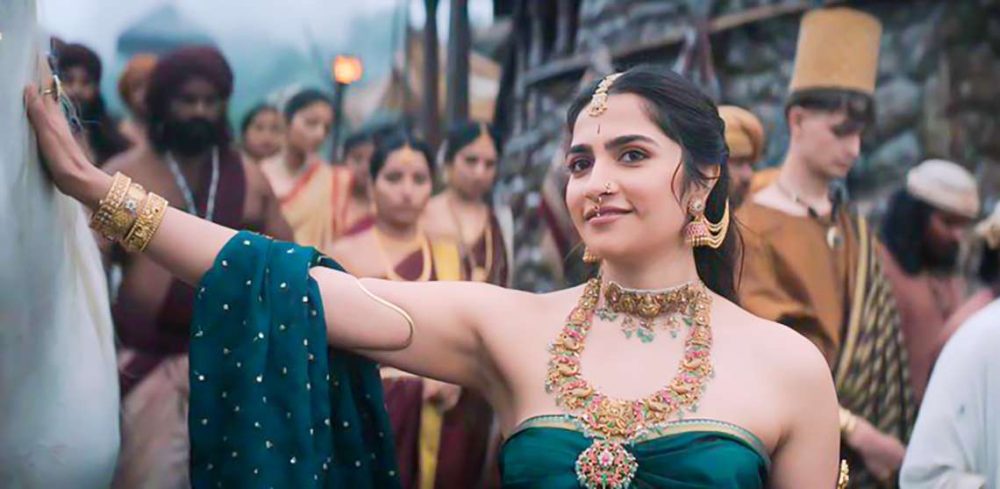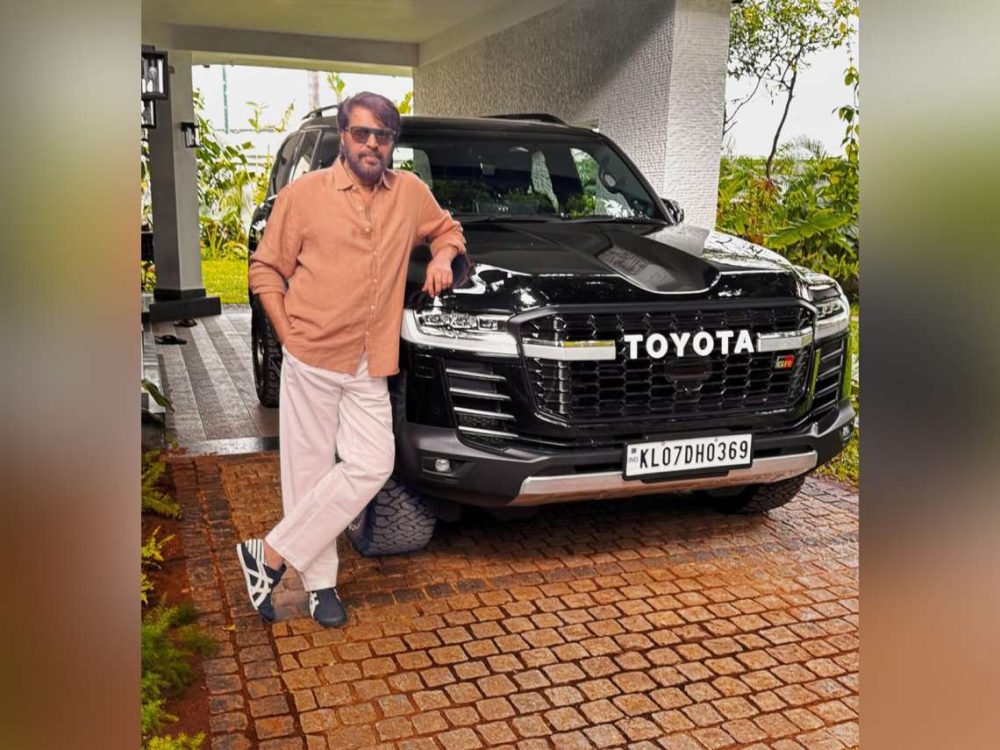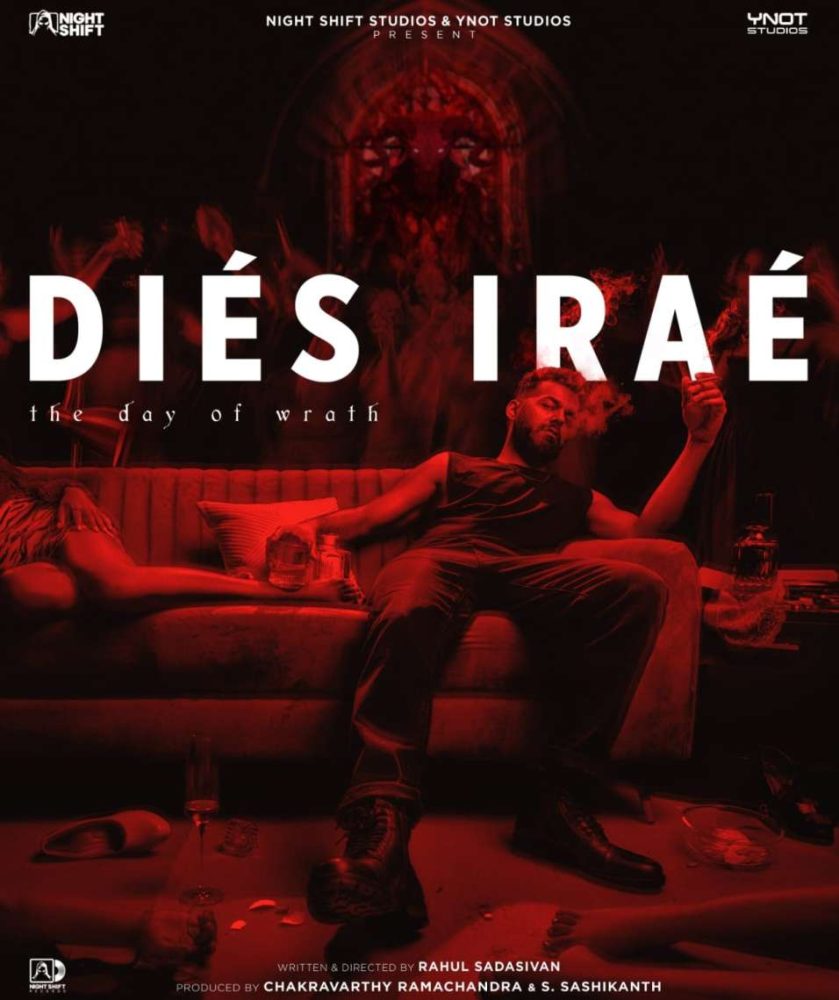Adding that she loves how challenging and liberating the format of shorts is, Maya feels it is not easy to tell a compelling multi-dimensional story with satisfying character arcs and story arcs in less than 30 min…reports Asian Lite News
While Reema Maya’s ‘Nocturnal Burger’ is her second short in a row to be selected at Sundance after her internationally acclaimed ‘Counterfeit Kunkoo’ which premiered in the 2018 edition of the festival, she says more than ‘prestige’ of it, she has immense respect for Sundance as a truly independent spirited festival and for the commitment of their programming team.
“The last time we went there, it was only us representing India. I am so excited to be going back with an Indian contingent full of multiple projects! We’re going to show up and make India be seen,” the filmmaker tells.
Inspired by a real-life incident that happened a few years ago, in the film, somewhere between fantasy, trauma, paranoia, precaution, and the promise of a burger, a night gets catapulted into an investigation of child abuse at a dysfunctional police station in Mumbai.
“I never spoke much about that night but it always remained as a knot in my stomach. Last year, I was talking to someone about exploring a short-form project and decided this is the story I need to tell,” she recalls.
Adding that she loves how challenging and liberating the format of shorts is, Maya feels it is not easy to tell a compelling multi-dimensional story with satisfying character arcs and story arcs in less than 30 min.
“But with the stakes lower than a long-form project, this is the canvas to experiment in and to sharpen your claws.”
Considering Shorts have for far too long been treated as just something students make to build their reel, Maya asserts and says the truth is that it is a genre in itself and that formats should be decided on the basis of the story that needs to be told — and there are plenty of stories that deserve telling that need a shorter canvas.
“It makes me so happy to see it having a surge in popularity. With the rise of short-form digital content in general in the times we live in, we are on the verge of short films having their most relevant and popular moment. I love how challenging and liberating the format of shorts is. It is not easy to tell a compelling multi-dimensional story with satisfying character arcs and story arcs in less than 30 minutes. But with the stakes lower, than a long-form project, this is the canvas to experiment in and to sharpen your claws,” she says.
While film festivals have always been the primary space for the celebration of shorts, she wishes film festivals supported short filmmakers more.
“Most festivals do not offer accommodation or travel as they do for feature films, which is difficult because short films have way fewer resources and a non-existent marketing budget to be able to afford to represent the film at festivals.”
And as a woman filmmaker, does she feel there is a ‘responsibility’ to talk about issues concerning her gender?
“I feel we are at a time where we do need to prioritise empowering traditionally marginalised communities to tell their stories. But the flip side of it is that it tends to teeter on those communities being expected to only tell certain stories. Filmmaking is voice, but it is also craft and versatility. I’m working on a wide array of projects with different kinds of genres and protagonists, so I personally don’t feel pigeon-holed. But I can see how women filmmakers might end up being considered only for female-centric projects. Ultimately it is about the objectives you set for yourself at the beginning of the project. For me, it is to make cinema with a social consciousness.”
For Maya, a film usually starts with a seed or an emotion that lives inside her for a long time till there comes a moment where it absolutely has to be put out in the world. Then comes huddling with a couple of key collaborators and building the resolve to make it.
“After that, it is months of writing and rewriting. The DoP and I spend a lot of time building the visual language from the characters and the themes. Production mode is frantic, and then things calm down a bit with the post-production. With ‘Nocturnal Burger’, we spent enough time on post-production to think through every decision, try it a couple of different ways, and then lock on one.”
She feels independent filmmaking is having a very exciting moment right now. The pandemic changed the audience’s viewing habits and exposed them to more global cinema.
“We see the result of that in a market that is more ready to make stories that we previously considered niche. Also with filmmaking getting more and more democratised and creative technologies developing at an exciting pace, the possibilities of realising your visions have increased.”
While OTT may have brought about a revolution of sorts in terms of viewing habits and content, this director feels the same has not really helped Shorts. Considering a lot of the more mainstream OTT platforms do not programme shorts, and the few that do not reimburse them as handsomely, she does say, “However, they have contributed to building the audience’s appetite for non-theatrical story-telling. But of course, there are the OG international platforms focused on short films — like Vimeo Staff Picks, Short of the Week, Shorts TV, Nowness, etc., who have always helped amplify the genre.”


